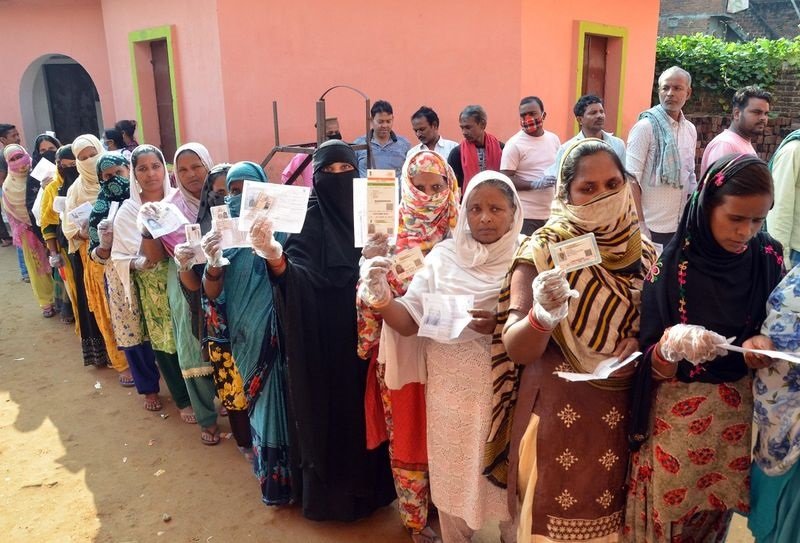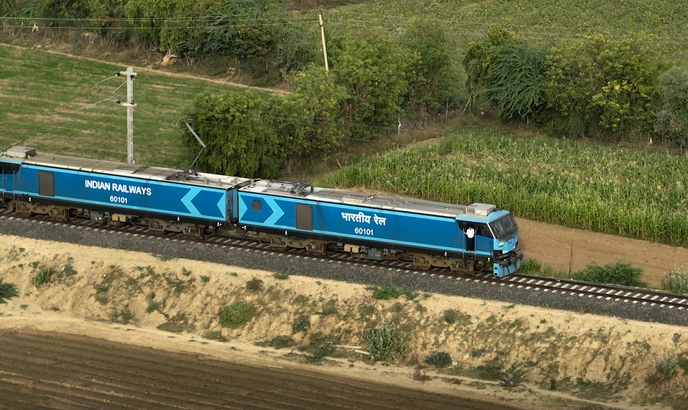- In March 2025, The Tribhuvan Sahkari University Bill, 2025 was passed by the Lok Sabha to establish India’s first national cooperative university.
Location & Name:
- The university will be located at the Institute of Rural Management Anand, Gujarat.
- It is named after Tribhuvan Kashibhai Patel, the founder of Amul and a key figure in India’s cooperative movement.
Structure and Functioning:
- Hub-and-Spoke Model: The university will operate with a central hub (main university) and various affiliated institutions across India.
- Cooperative training institutes in all states will be registered as schools or colleges under the university.
- The university will offer degree, diploma, and Doctor of Philosophy courses in cooperative studies.
- It is estimated that around 8 lakh people will receive certification annually through this university.
Key Features:
- Sector-Specific Schools: The university will have specialized schools for areas like dairy, fishery, sugar, banking, rural credit, cooperative finance, marketing, and laws.
- Affiliated Colleges: Four to five colleges will be affiliated in states with a strong cooperative presence, and one to two colleges in other states.
- Digital Learning: The university will integrate with the SWAYAM e-learning platform to ensure wider access to learning.
- Global Collaboration: The university aims to partner with international universities, colleges, and cooperative institutions for research and development.
Role in Promoting Cooperation:
- The university is intended to play a major role in promoting cooperative education, skill-based learning, and supporting a self-reliant economy in India.
- The university will be part of the International Year of Cooperatives (2025) with the theme “Cooperatives Build a Better World.”
Institute of Rural Management Anand
- Established: The Institute of Rural Management Anand was established in 1979 by Verghese Kurien, the founder of India’s White Revolution.
- Location: Anand, Gujarat.
- Aim: To provide professional education in rural management and develop leaders for the cooperative sector.
- Functions:
- Education and Training: The institute specializes in rural management and cooperative development.
- Policy Research: It focuses on cooperative governance, rural development, and financial inclusion.
- Capacity Building: The institute works to strengthen cooperative institutions and organizations.
- Collaboration: It collaborates with the National Dairy Development Board, the Government of India, and various international organizations.
- Future Role:
- After the establishment of Tribhuvan Sahkari University, the Institute of Rural Management Anand will become a school within the university and serve as a Centre of Excellence for Rural Management, while retaining its identity and autonomy.
Additional Facts:
- United Nations General Assembly 2025: The United Nations General Assembly declared 2025 as the International Year of Cooperatives, with the theme “Cooperatives Build a Better World.”
- Ministry of Cooperation: The Ministry of Cooperation was formed by the Union Government of India in July 2021, with the vision of ‘Sahkar se Samriddhi’ (Prosperity through Cooperation).
Cooperative Movement in India1. International Cooperative Alliance (ICA) defines a cooperative as an autonomous association of persons united voluntarily to meet their common economic, social, and cultural needs and aspirations through a jointly owned and democratically controlled enterprise. 2. Constitutional Provisions:
3. Genesis of the Cooperative Movement in India:
4. Cooperative Movement in Pre-Independence Era:
5. Gandhian View on Cooperatives:
6. Cooperative Movement After Independence:
7. Successful Cooperatives in India:
8. Issues Facing the Cooperative Sector:
|





